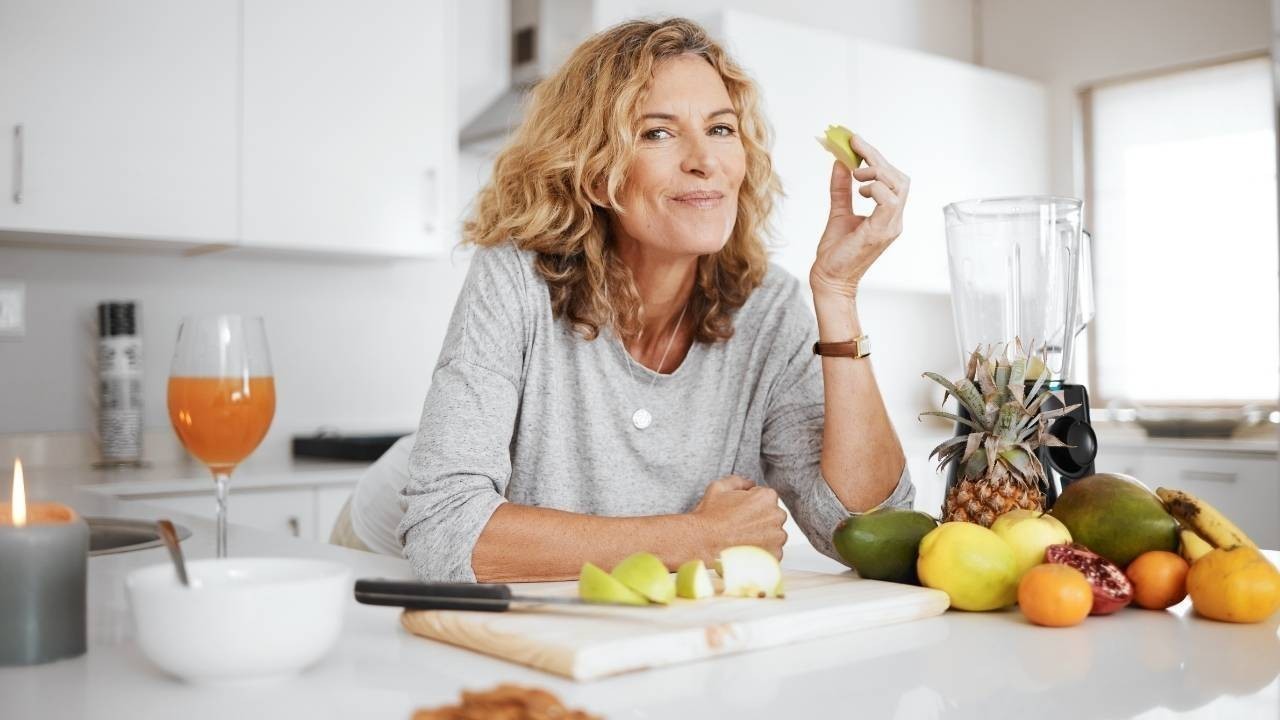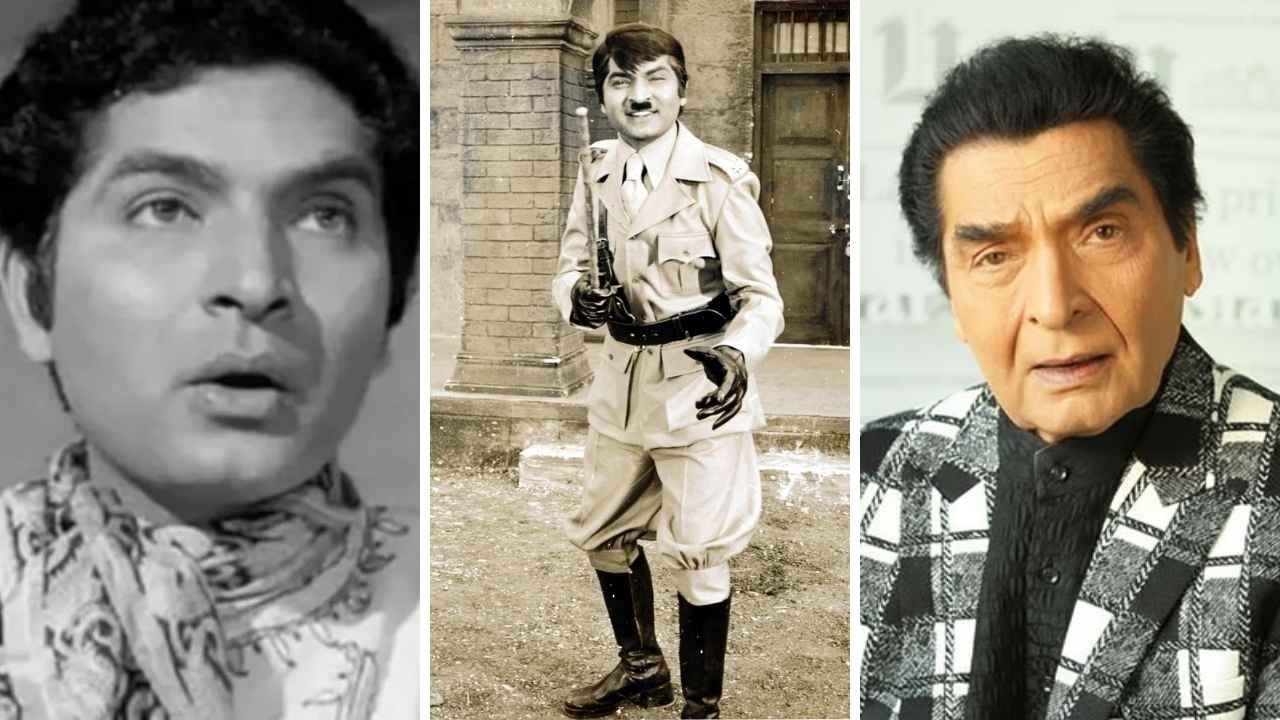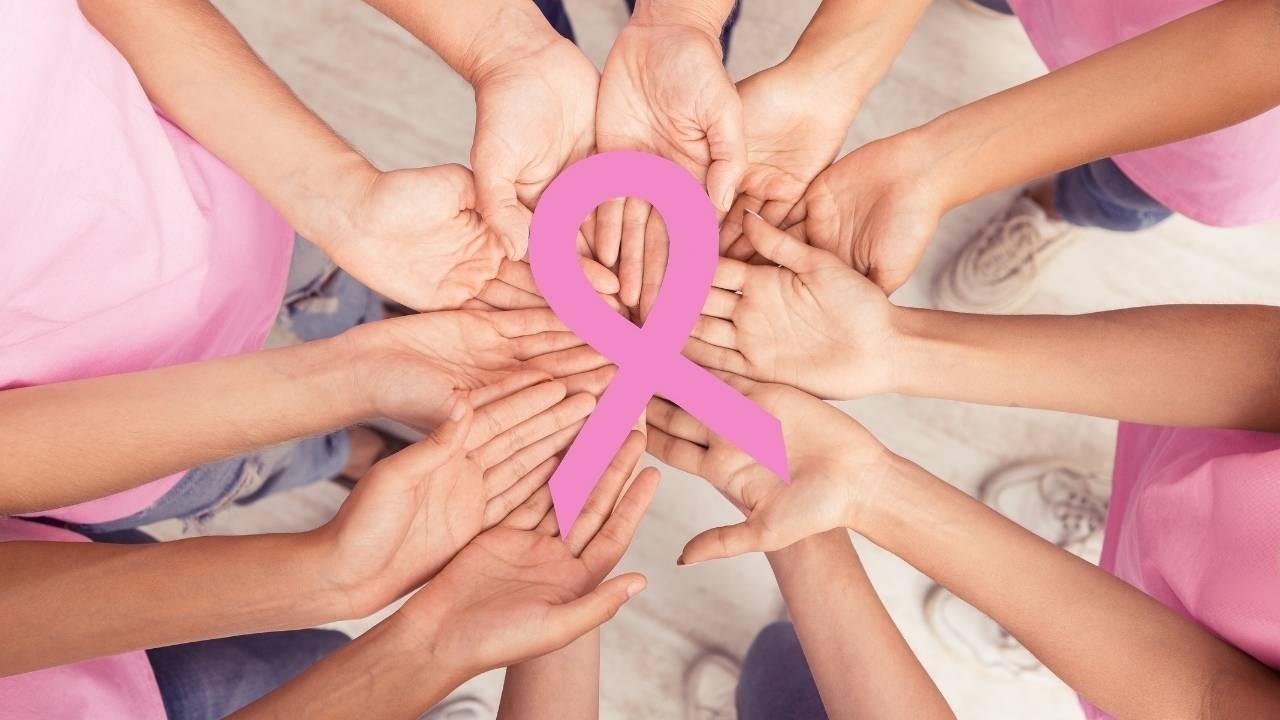
Post by : Sam Jeet Rahman
In today’s fast-paced world, it’s easy to feel overwhelmed. Work pressures, digital distractions, and personal responsibilities often leave us anxious, tired, and mentally drained. Amid all this noise, mindfulness has emerged as a powerful tool to help people reconnect with themselves and find calm in chaos.
Practicing mindfulness isn’t about escaping reality—it’s about embracing it fully. By learning to be present and aware, you can reduce stress, improve emotional balance, and enhance your overall mental well-being.
Let’s explore how mindfulness works, why it’s effective, and what daily practices you can adopt to improve your mental health naturally.
Mindfulness is the art of paying attention to the present moment without judgment. It means being fully aware of what you’re doing, feeling, and thinking—right now.
This concept has roots in ancient Buddhist traditions but has gained immense popularity in modern psychology for its proven benefits in reducing anxiety, depression, and stress.
Unlike meditation, which often involves sitting quietly with focused breathing, mindfulness can be practiced anytime and anywhere—while walking, eating, or even working.
The key lies in being conscious of your experience instead of being lost in thoughts about the past or worries about the future.
Your mind and body are deeply connected. When you experience stress, your body releases cortisol, a hormone that triggers the “fight or flight” response. Chronic stress can lead to fatigue, insomnia, and even depression.
Practicing mindfulness helps you break this cycle. By slowing down and observing your thoughts rather than reacting to them, you train your brain to stay calm under pressure.
Research shows that mindfulness:
Reduces symptoms of anxiety and depression
Lowers stress levels and blood pressure
Improves focus and memory
Enhances self-awareness and emotional control
Promotes better sleep and relaxation
Over time, mindfulness reshapes the brain—strengthening areas responsible for empathy, resilience, and emotional balance.
Mindfulness doesn’t require special tools or long hours of meditation. You can start small—with simple, daily habits that ground you in the present moment.
Here are some easy, effective practices you can try:
Your breath is the easiest way to anchor yourself in the present. Take a few minutes each day to focus on your breathing—observe the rise and fall of your chest, the air entering your nostrils, and the rhythm of each inhale and exhale.
If your mind wanders (and it will), gently bring your attention back to your breath.
Tip: Start with just 5 minutes of mindful breathing in the morning or before bed. It’s a simple yet powerful way to reduce stress and calm the mind.
A body scan is a mindfulness exercise that helps you reconnect with your body and release built-up tension.
Here’s how to do it:
Sit or lie down comfortably.
Close your eyes and take deep breaths.
Gradually move your attention from your head to your toes, noticing any sensations—tightness, warmth, or discomfort.
If you feel tension, breathe into that area and allow it to relax.
Practicing body scans regularly can improve self-awareness and help you detect early signs of stress or anxiety.
In a world of fast food and busy schedules, most people eat on autopilot. Mindful eating encourages you to slow down and truly experience your food.
Instead of scrolling through your phone or watching TV, focus on the taste, smell, and texture of your meal. Notice how your body responds to each bite.
This not only improves digestion but also prevents overeating and promotes a healthier relationship with food.
If sitting meditation isn’t your style, try mindful walking. It’s an excellent way to combine movement and awareness.
As you walk, pay attention to your surroundings—the sound of your footsteps, the feel of the ground beneath your feet, the air brushing against your skin.
Be fully present in each step. Even a 10-minute mindful walk during your lunch break can clear your head and restore focus.
Writing is another powerful mindfulness practice. Instead of venting emotions randomly, try reflective journaling—write about what you’re feeling, what you’re grateful for, and what you’ve learned today.
This helps process emotions in a constructive way and allows you to spot patterns in your thoughts and behaviors. Over time, journaling can improve self-understanding and emotional resilience.
Gratitude is closely linked to mindfulness because it shifts your focus from what’s missing to what’s already present.
Every day, take a moment to list three things you’re grateful for. They don’t have to be big—maybe a warm meal, a good conversation, or a peaceful night’s sleep.
This simple act rewires your brain to notice positivity, fostering contentment and optimism.
Constant notifications and social media scrolling fragment your attention and contribute to anxiety. Try setting specific “tech-free” times during your day—perhaps the first hour after waking up or before bedtime.
Use that time to disconnect from screens and reconnect with yourself.
You can also practice mindful technology use—pause before opening an app and ask, “Do I really need to check this right now?”
Nature has a naturally calming effect on the human mind. Spending time outdoors—whether in a park, garden, or by the beach—reduces stress and promotes clarity.
When you’re outside, observe the sounds, smells, and colors around you. Feel the ground beneath your feet and the breeze on your face. These small moments of awareness create a sense of peace and balance that benefits your mental health.
Mindfulness teaches you to pause before reacting. When faced with a stressful situation, take a few deep breaths and observe your emotions without judgment.
Ask yourself, “What am I feeling right now?” This brief moment of awareness gives you space to respond thoughtfully instead of impulsively.
Over time, this skill helps you manage conflicts calmly and think clearly under pressure.
Before going to bed, take a few minutes to reflect mindfully on your day. Ask yourself:
What went well today?
What challenged me, and how did I respond?
What can I do better tomorrow?
This reflection helps you let go of negativity, appreciate progress, and sleep with a clearer mind.
Like any skill, mindfulness takes practice and consistency. The key is to start small and be patient with yourself.
Here are some tips to stay consistent:
Set aside 10 minutes daily for mindfulness exercises.
Practice at the same time each day (morning or evening).
Don’t worry if your mind wanders—acknowledge it and gently return to the present.
Focus on progress, not perfection.
Remember, mindfulness isn’t about eliminating thoughts—it’s about observing them without getting carried away.
Multiple studies have shown that regular mindfulness practice can literally change your brain structure.
MRI scans reveal that mindfulness increases gray matter in areas linked to memory, learning, and emotional regulation. It also reduces activity in the amygdala, the part of the brain responsible for fear and stress responses.
These neurological changes explain why consistent mindfulness practice can lead to better focus, emotional control, and resilience against anxiety and depression.
Mindfulness is more than a trend—it’s a way of living. In a world filled with constant noise and distractions, mindfulness helps you slow down, reconnect with your inner self, and build emotional strength.
By incorporating small daily practices—like mindful breathing, journaling, or gratitude—you can create a deep sense of calm and clarity that supports your mental and emotional well-being.
The journey to better mental health doesn’t always require major changes; sometimes, it just takes one mindful moment at a time.

Advocate Sheela Thomas — Where Leadership Meets Compassion
Advocate Sheela Thomas — UAE lawyer, humanitarian, and CEO of Najmah Group, empowering lives through

King Charles Prays with Pope, Historic Anglican-Catholic Moment
King Charles III prays with Pope Leo XIV at the Vatican, marking first public joint prayer since Eng

UAE Leaders Congratulate Sanae Takaichi on Japan PM Win
UAE leaders extend congratulations to Sanae Takaichi on her election as Japan's Prime Minister, high

Google Skills Launches to Boost AI & Tech Learning Globally
Google unveils Google Skills, offering 3,000 AI & tech courses, labs, and certifications to empower

DP World Launches £170M High-Tech Container Hub in UK
DP World invests £170M in London Gateway, introducing BOXBAY Empty Superstack to boost container sto

Lina Ahmed – Women in Tech: Bridging Innovation, Purpose, and Progress
Meet Lina Ahmed, a visionary entrepreneur and wellness advocate inspiring women in the UAE through c

Natural Strategies for Reducing Inflammation Without Medications
Discover how to combat inflammation naturally and effectively with diet, lifestyle changes, and more

Why Eating Before Sunset Can Transform Your Health Naturally
Discover why eating before sunset improves digestion boosts energy and supports better sleep for a h

Gyokeres Sets Sights on Premier League After Stellar Win
Following Arsenal's emphatic 4-0 victory, Viktor Gyokeres aims to keep scoring in the Premier League

Liverpool, Chelsea, and Bayern Excel in Champions League Showdowns
Liverpool, Chelsea, and Bayern Munich showcased impressive wins in the Champions League, while Real

Stormy Weather Cancels New Zealand vs England T20 Face-off
A heavy downpour in Auckland led to the early abandonment of the New Zealand vs England T20 match, l

Proteas Overcome Pakistan to Even Test Series
In Rawalpindi, South Africa defeated Pakistan by eight wickets, evening the Test series. Harmer shon

84 Asrani Passes Away Bollywood Remembers Its Comedy Legend
Bollywood legend Asrani passes away at 84 leaving behind a legacy of laughter iconic roles and unfor

Breast Cancer Awareness Month Early Detection Prevention and Support
Learn about Breast Cancer Awareness Month early detection prevention tips and ways to support patien

The Best Time to Take Your Vitamins for Maximum Health Benefits
Discover the best time to take vitamins for energy immunity and absorption Maximize health benefits